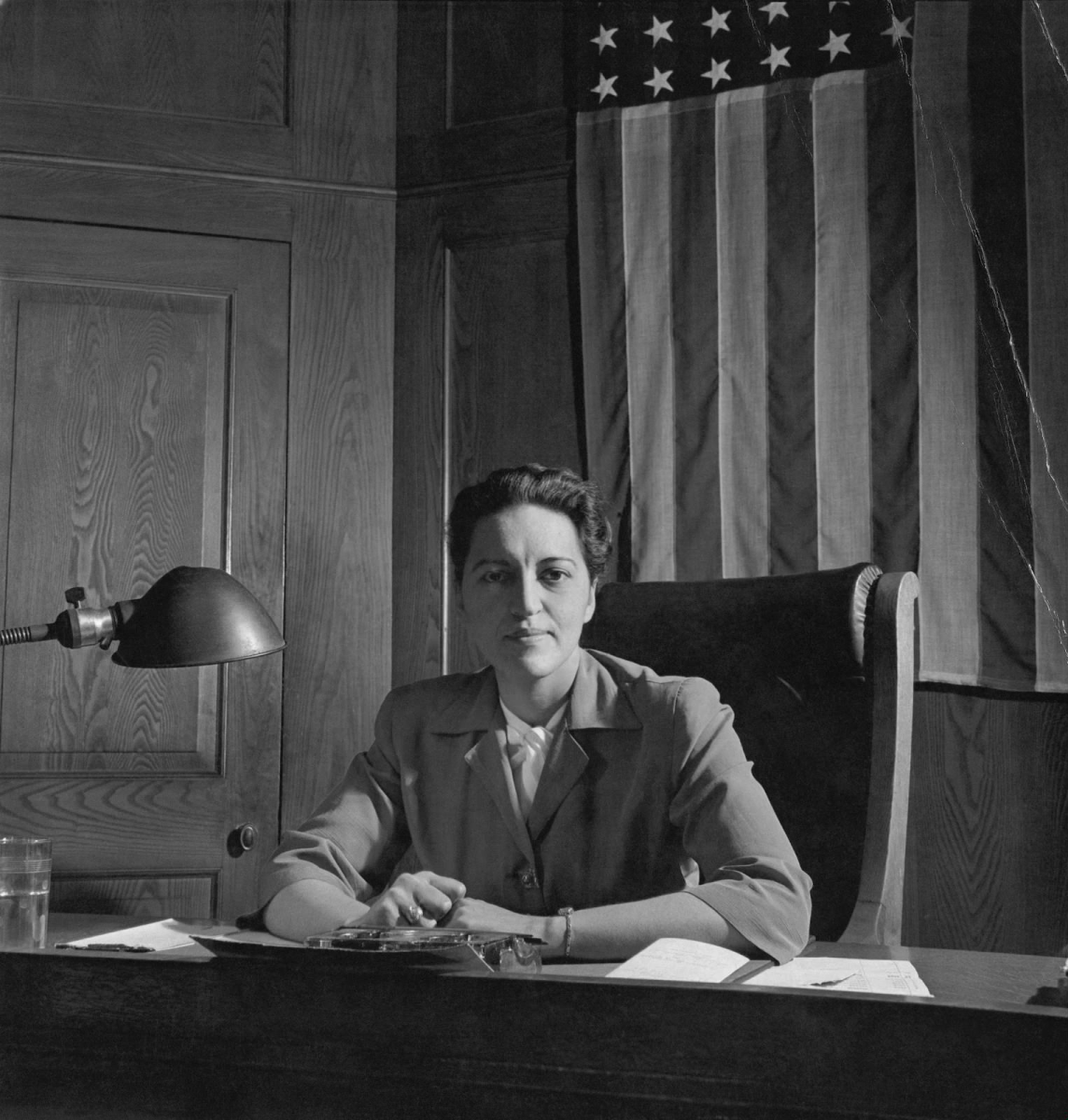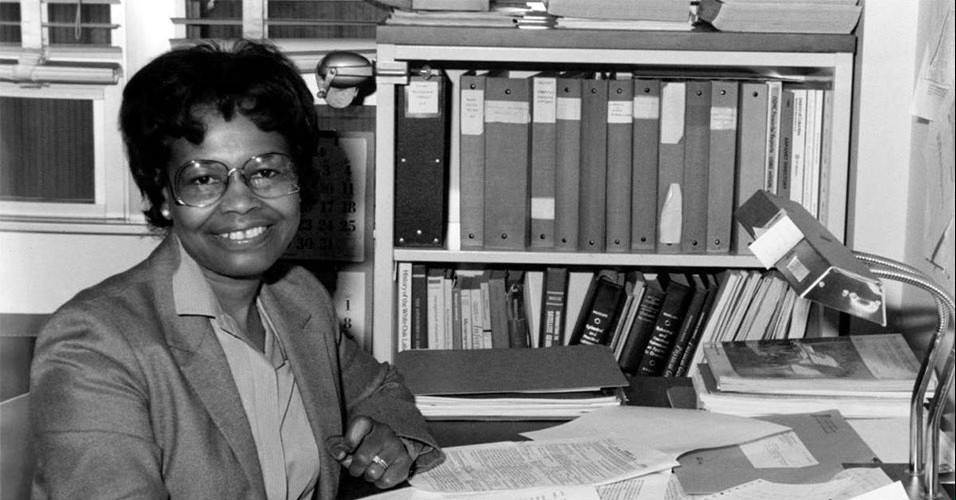Nowadays, anyone can pursue any career that they would like. But, it’s important to note that this is only a result of trailblazers in history. One of those being the remarkable, yet barely known, Jane Bolin, the first Black female Yale Law School graduate and Black female judge in the U.S., upon countless other firsts. Her bold and daring character paved the way for Black women in law.
“Those gains we have made were never graciously and generously granted. We have had to fight every inch of the way.” – Jane Bolin, 1958.
Jane Bolin was born on April 11th, 1908 in Poughkeepsie, New York. Growing up, Bolin’s father was her first exposure to law, as he was an attorney. He was also a trailblazer, being the first Black graduate of Williams College. In highschool, Bolin was a great student and graduated early at 15 years old. From there she attended Wellesley College, and she graduated in 1928 as one of their top scholars. Bolin was one of only two Black people in her class, which resulted in much isolation from her peers. She and the other Black student moved off campus and lived together, not letting any racism deter her from her dreams.
At Wellesley a guidance counselor attempted to sway Bolin off the course of becoming a lawyer due to her being a Black woman, but it did not stop Bolin from applying to Yale Law School. Even her own father attempted to do the same thing, as he was concerned for her success. Bolin persevered and kept her eye on becoming a lawyer though, as it was her dream. At Yale, Bolin was unfortunately faced with the same racism, being the only Black woman. Classmates who were from the South didn’t hold the door open for her, letting it hit her in the face. Professors avoided calling on her deliberately. Again, Bolin did not let these misfortunes impact her future. She became the first Black woman to graduate from Yale Law School in 1931, and the first Black woman to earn a law degree in New York in 1932.
After graduating Bolin went back to her hometown to work at her family’s practice for some time, clerking for her father. Yale had been where Bolin met her husband Ralph Mizzelle, and they practiced law in New York City with each other for five years once Bolin was done at her family’s practice. Bolin campaigned for a seat in the state assembly, but was unsuccessful. She then worked in NYC’s legal department, becoming the first Black woman to be employed there.
In 1939 Bolin ventured to the World’s Fair upon request by mayor Fiorello La Guardia. He surprised her by swearing her in as a judge of NYC’s Domestic Relation’s Court, where she would remain for 40 years. Bolin became the first Black woman to hold a seat on the bench in the United States. In an interview, the humble Bolin said, “Everyone else makes a fuss about it, but I didn’t think about it, and I still don’t. I wasn’t concerned about first, second or last. My work was my primary concern.” Once on the bench, Bolin worked tirelessly on civil rights issues, proving her statement of work being her main concern to be true. The Domestic Relations Court dealt with child welfare which includes juvenile crime, child abuse, child neglect, and adoptions.
Bolin was a catalyst of change. One was the ending of race-based assignments of probation officers. Another was ensuring that child care agencies did not deny kids help because of their ethnic background, and the segregation of childcare facilities. Bolin fought for the stopping of segregating of donated blood, as well as the segregation of public housing as well. With Eleanor Roosevelt, Bolin worked to provide support for the Wiltwyck School. Wiltwyck was a program to help stop juvenile crime from happening among boys.
Bolin’s care for children and civil rights went beyond her job. She was on the board of the NAACP, the Child Welfare League, and the National Urban League. After reaching the mandatory retirement age she volunteered as a reading instructor, and worked with the New York State Board of Regents, a group that focuses on the supervision of educational activities.
On January 8th, 2007, Jane Bolin died in Long Island City, Queens, New York, however her spirit and legacy live on. Bolin’s life was saturated with many unforgettable firsts. By reading her life story, it is easily gauged how determined Bolin was, overcoming many obstacles in her life. Bolin’s mind was set on being able to fight civil right’s issues, and that is exactly what she did. Jane Bolin’s story and drive are to be learned, remembered, and followed in the footsteps of.








